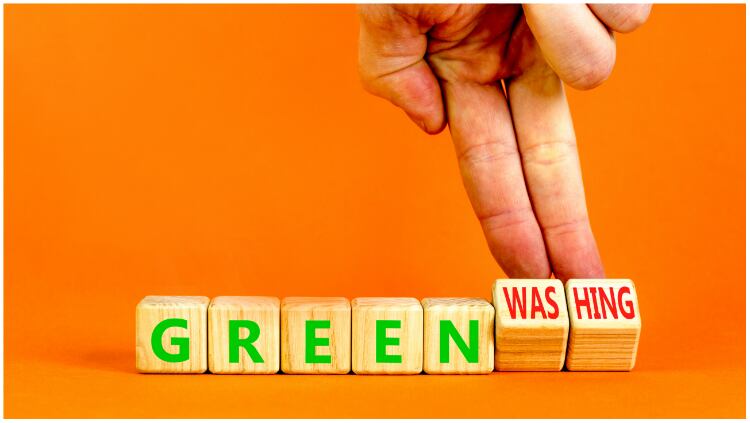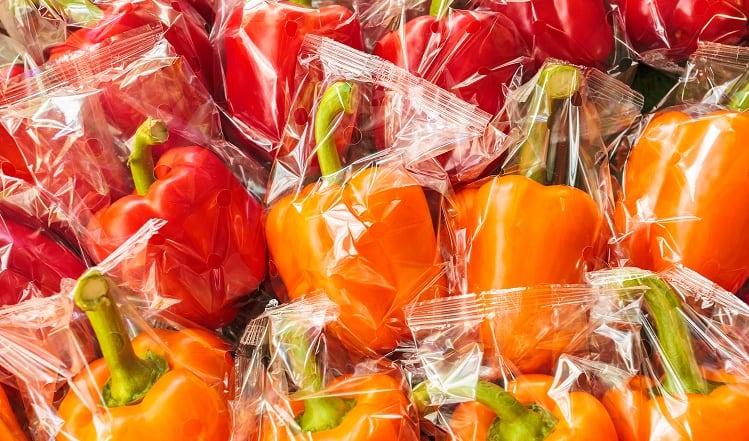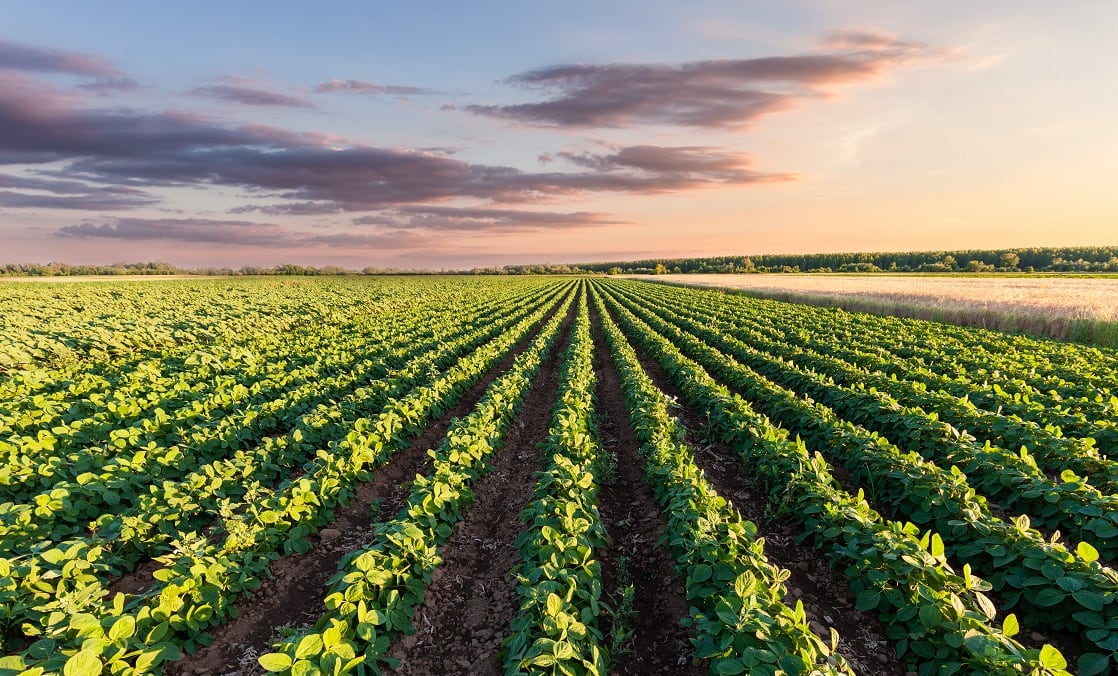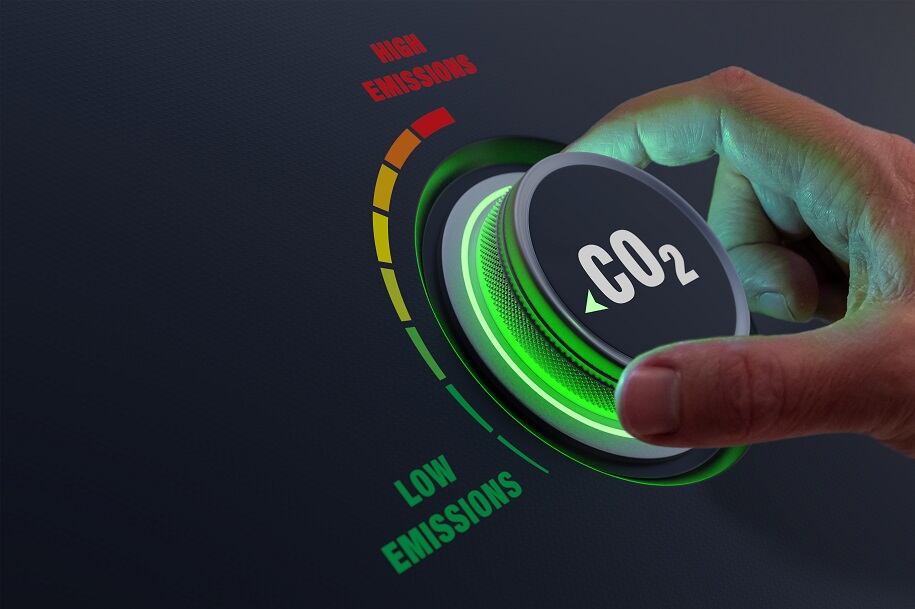Danone has become the latest big business to face allegations of ‘greenwashing’ and environmental litigation, following claims that it’s not done enough to reduce the use of plastic in its products.
Three environmental groups – ClientEarth, Surfrider Foundation Europe and Zero Waste France – have commenced litigation in France against Danone, seeking clarification as to the company’s plastic footprint and transparency around its plans to reduce plastic usage.
Although Danone disputes the claim and has objected to the various allegations levelled against it, this action is merely the latest in an increasing global trend of ‘greenwashing’ litigation, which seeks to hold organisations to account in respect of their environmental credentials.
Similar litigation has already taken place in Australia, the USA and Belgium, and a recent study has indicated that instances of climate change litigation have more than doubled over the last seven years. The growth of this area only looks set to continue as activists seek legal redress to hold those organisations responsible for their perceived contribution to climate change.
Increasing consumer knowledge
Hand-in-hand with the growth of environmental litigation is a parallel drive to increase consumer knowledge and provide clear information to purchasers as to the environmental impact of the products they purchase.
For example, the Food Labelling (Environmental Sustainability) Bill proposed a kitemark (a UK product and service quality trademark operated by the British Standards Institution) for food to indicate that they had environmentally sustainable origins, such as protecting endangered species, preventing biodiversity loss, avoiding deforestation and avoiding increased carbon emissions.
Although that Bill failed to complete its passage through Parliament, this has not stopped the voluntary emergence of ‘ecolabels,’ which provide an at-a-glance score as to the environmental impact that a food item has had throughout its entire production process.
Also on the increase is the use by organisations of ESG (Environmental, Social and Governance) scores. Whilst historically ESG scores have been used within the financial sector and enabled organisations to assess the likely risk of default by a business, the recent past has seen their growth across multiple industries.
The trend to increase transparency is set to continue, with the European Parliament voting at the end of 2022 to pass the Corporate Sustainability Reporting Directive, which serves to make ESG scores part of companies’ annual reporting processes. The Directive also requires a far greater volume of data to be obtained, as well as an express and specific focus on sustainability initiatives and audits.
This is a seismic development for EU-based businesses, as it effectively places their sustainability credentials on an equal footing with their financial reporting procedures.
What manufacturers can do in response to avoid greenwashing
At their core, greenwashing claims not only seek for organisations to act in environmentally friendly ways, but also that they provide clarity, transparency and honesty as to the environmental impact of their activities.
While an organisation’s procedures and manufacturing processes – or labelling – often cannot be changed overnight, what’s important is that businesses are open and up-front about their environmental credentials, rather than seeking to obscure, mislead or make unsubstantiated claims. Were they to do so, then this is likely to leave them exposed to potential future greenwashing claims.
About the author

Bill Dunkerley is a regulatory lawyer and an associate partner at law firm, Pannone Corporate. He works alongside companies to anticipate and track emerging issues, designing innovative and practical solutions both proactively in compliance work and reactively for clients facing regulatory intervention.




